Jodhaa Akbar Movie Review: Jodhaa Akbar is a 2008 Indian Hindi-language epic historical romantic drama directed by Ashutosh Gowariker. The film stars Hrithik Roshan and Aishwarya Rai Bachchan in the lead roles. Set in the 16th century, it portrays the life and romance between the Muslim Emperor Akbar of the Mughal Empire and the Hindu Princess Jodhaa Bai of Amber, focusing on their political marriage. The musical score, composed by A. R. Rahman, was both critically acclaimed and commercially successful. This film marks the second collaboration between Roshan and Rai Bachchan, following Dhoom 2 (2006).
Jodhaa Akbar was released theatrically worldwide on February 15, 2008. It received widespread critical acclaim and was a commercial success, becoming the fourth highest-grossing Hindi film of 2008.
The film won the Audience Award for Best Foreign Language Film at the São Paulo International Film Festival and received two awards at the Golden Minbar International Film Festival. At the 56th National Film Awards, it garnered two accolades for Best Choreography (Chinni Prakash and Rekha Prakash for “Azeem-o-Shaan Shahenshah”) and Best Costume Design (Neeta Lulla). At the 54th Filmfare Awards, it earned 11 nominations, including Best Actress (Rai Bachchan), Best Supporting Actor (Sood), and Best Music Director (Rahman), and won 5 awards, including Best Film, Best Director (Gowariker), and Best Actor (Roshan). Additionally, it won 10 International Indian Film Academy Awards, seven Star Screen Awards, and received two nominations at the 3rd Asian Film Awards.

Story
Jalaluddin, the young emperor of the Mughal Empire, is raised by Bairam Khan to rule ruthlessly, executing defeated opponents after battles. Years later, as an adult, Jalaluddin defies Bairam Khan for the first time, deciding that mercy, respect, and diplomacy will guide his rule.
Jodhaa, the daughter of Raja Bharmal of Amber, is engaged to Prince Ratan Singh of Ajabgarh. Raja Bharmal declares that his son Bhagwant Das will be his heir, leaving Jodhaa’s cousin Sujamal, whom she prefers as heir, to serve under him. Feeling wronged, Sujamal leaves the kingdom to join Sharifuddin Hussain, Jalaluddin’s brother-in-law, who harbors ambitions of becoming emperor. To secure peace, Raja Bharmal offers Jodhaa’s hand in marriage to Jalaluddin, which the emperor accepts, but this strains Bharmal’s alliances with other Rajput kings, including Rana Uday Singh. Jodhaa resents being used as a political pawn and writes a letter to Sujamal asking for rescue but doesn’t send it.
Jodhaa meets with Jalaluddin, demanding to practice her religion after marriage and for a Hindu temple to be built at the Agra fort. Jalaluddin surprisingly agrees. After their marriage, Jodhaa remains distant, and they do not consummate their union, with Jalaluddin assuring her that they will let things progress naturally.
Meanwhile, Jalaluddin’s foster brother Adham Khan, son of his nurse Maham Anga, murders Prime Minister Atgah Khan to hide his war crimes. In rage, Jalaluddin executes Adham by throwing him from the palace roof, an act witnessed by Jodhaa, who is torn between fear and respect for Jalaluddin’s sense of justice.
Maham Anga, who despises Jodhaa, plots to ruin their marriage by humiliating her. She finds the unsent letter to Sujamal and has it delivered. When Sujamal comes to meet Jodhaa secretly, Maham Anga insinuates to Jalaluddin that Jodhaa has a lover. Jalaluddin orders Sujamal’s arrest, but Sujamal escapes, thinking Jodhaa betrayed him. Jalaluddin, doubting Jodhaa’s loyalty, sends her back to Amber. Jodhaa, indignant, refuses to explain herself.
Realizing his mistake, Jalaluddin goes to Amber to apologize and ask Jodhaa to return, but she refuses, urging him to investigate his empire’s workings. Disguised, Jalaluddin mingles with the common people and learns of their discontent with the discriminatory pilgrimage tax on non-Muslims. He abolishes the tax and announces religious equality, impressing Jodhaa, who returns to him. His citizens bestow him with the title Akbar (the Great).
During a celebration, an assassin sent by Sharifuddin Hussain shoots Akbar with a poisoned arrow. Jodhaa nurses him back to health, and they fall deeply in love. Sujamal, after overhearing Sharifuddin’s assassination plot, rushes to warn Akbar but is fatally wounded. Before dying, he warns Akbar of the impending attack. Akbar confronts Sharifuddin in hand-to-hand combat, spares his life for his half-sister Bakshi Banu Begum’s sake, and strips him of his titles.
Akbar declares that Hindustan will be peaceful and prosperous if people respect each other’s religions. The film concludes with a voiceover, emphasizing that although their love is not widely documented, Jodhaa and Akbar created history together.
Main Casts
| Hrithik Roshan | Muhammad Akbar | Aishwarya Rai Bachchan | Jodhaa Bai |
| Sonu Sood | Rajkumar Sujamal | Kulbhushan Kharbanda | Raja Bharmal |
| Suhasini Mulay | Rani Padmavati |
Production
Following the success of Lagaan (2001), director Ashutosh Gowariker was approached by actor and screenwriter Haidar Ali with an idea inspired by K. Asif’s historical epic, Mughal-e-Azam (1960). Rather than making a sequel or remake, Ali suggested a prequel focusing on the early years of Akbar’s life from ages 13 to 21. Gowariker agreed and began developing the screenplay.
Ali believed Gowariker was the ideal director for such a project due to his ability to address complex social issues without being preachy, as demonstrated in Lagaan. At the time, Gowariker had just completed the script for Swades (2004) and decided to collaborate with Ali after its release. In December 2001, Ali began researching the marriage between Princess Jodhabai of Amer and Emperor Akbar, developing a basic storyline. A month after Swades was released, Ali presented the story to Gowariker, who then announced his next project, calling it a “romantic musical” titled Jodhaa Akbar.
In March 2005, Gowariker started working on the screenplay with Ali, denying rumors that Firoz A. Nadiadwala and Subhash Ghai were involved in the production. By August 2006, it was confirmed that Gowariker would co-produce the film under his AGPPL banner with Ronnie Screwvala of UTV Motion Pictures, who would also distribute it. The script was completed in November 2005, with assistance from Bhawani Singh, the Maharaja of Jaipur, and his spouse, Maharani Padmini Devi, to ensure historical accuracy. K. P. Saxena was hired to write the dialogues for the film.
Share this content:
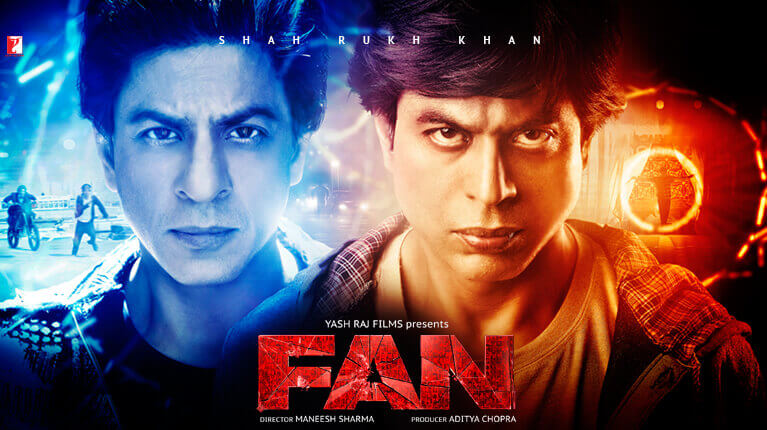
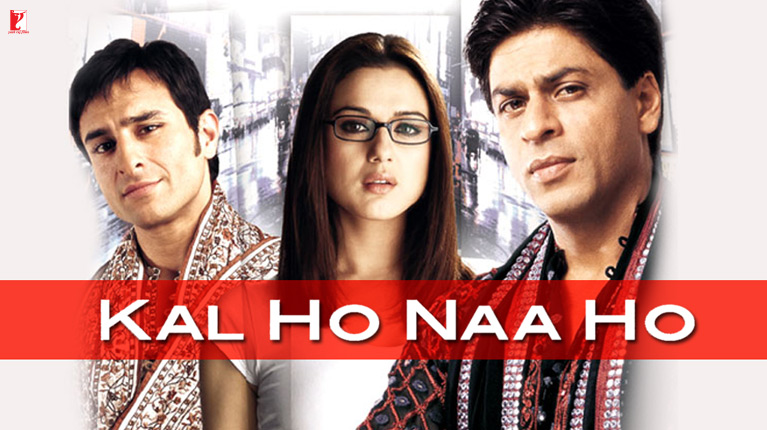
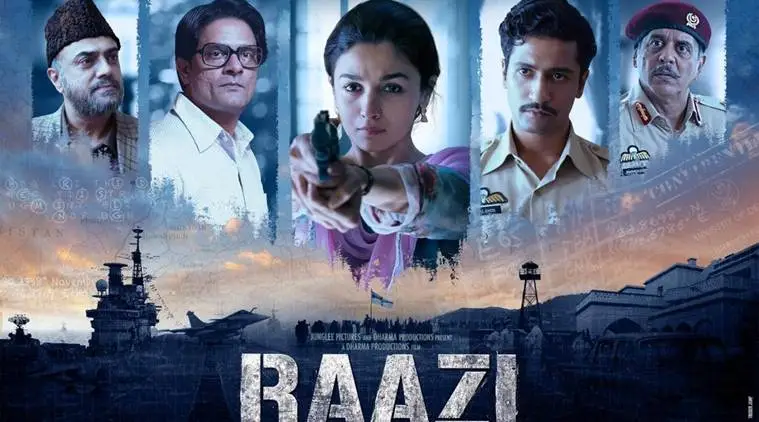
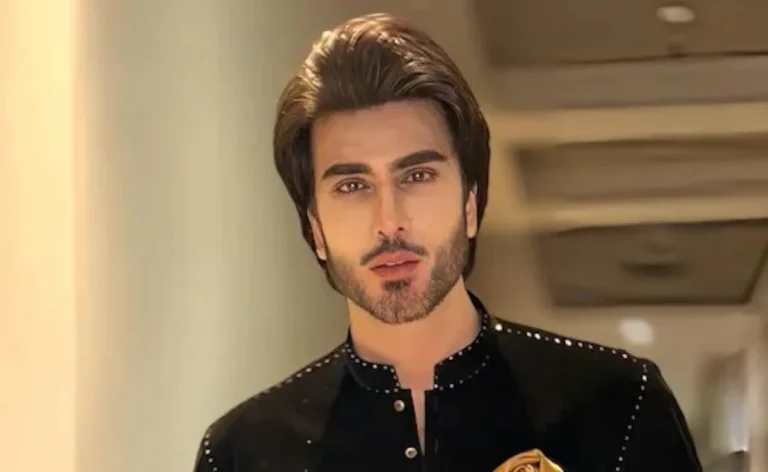
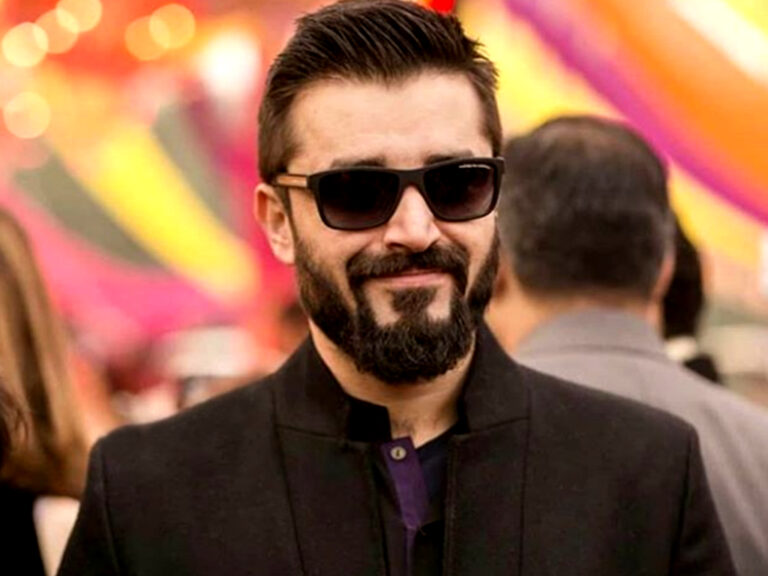
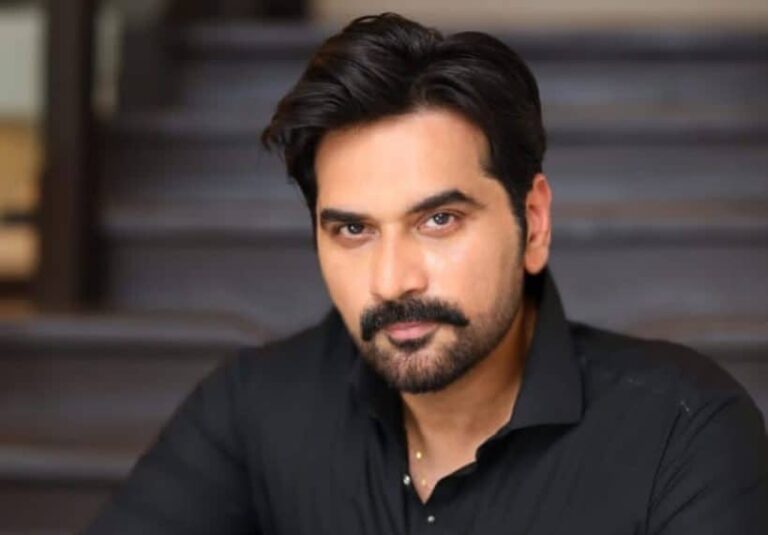
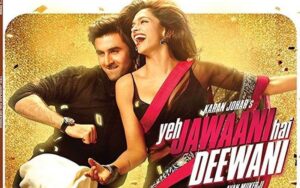

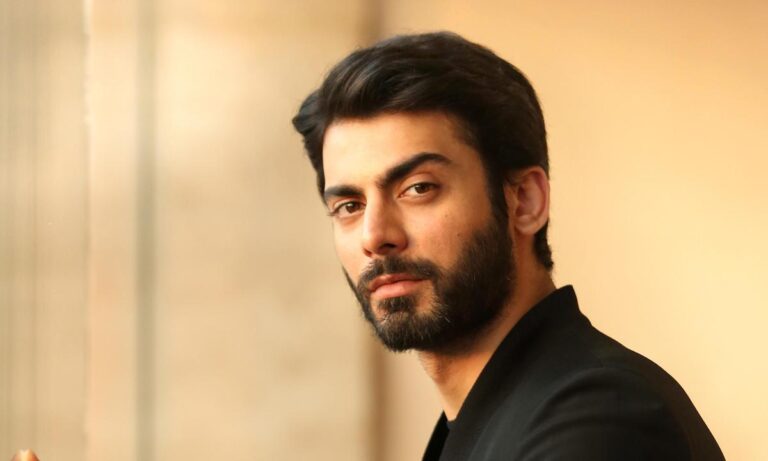
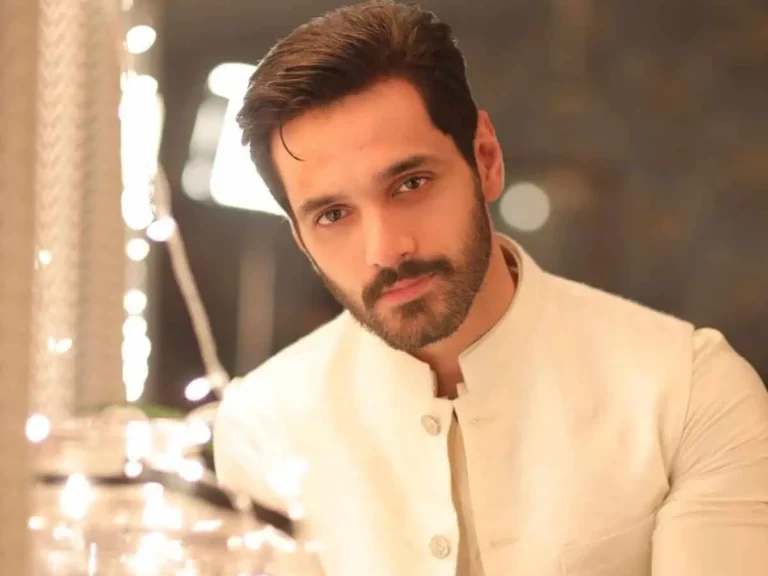
+ There are no comments
Add yours